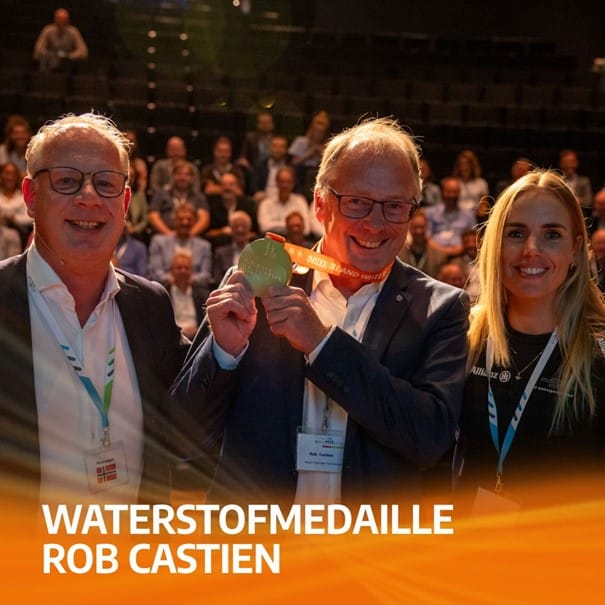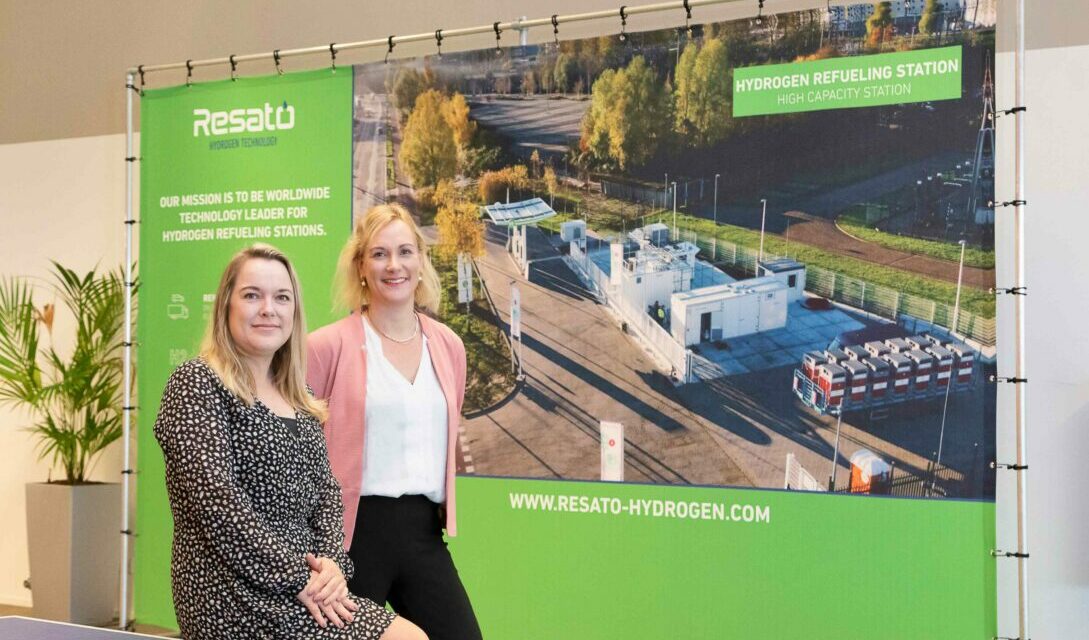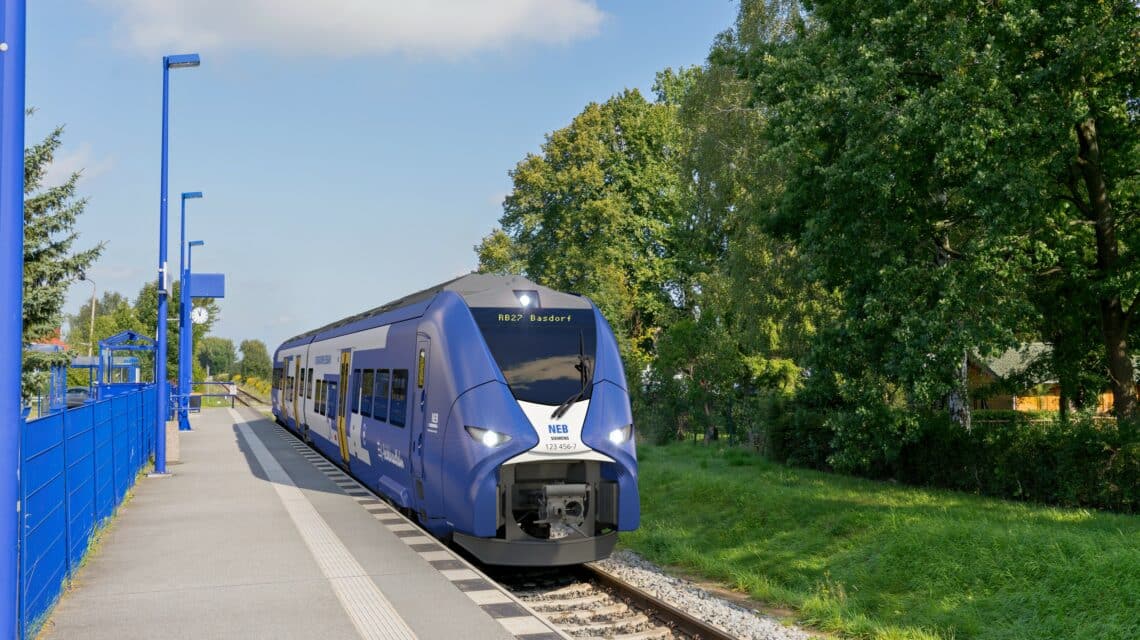
European Investment Bank backs Resato to enhance hydrogen refuelling technology
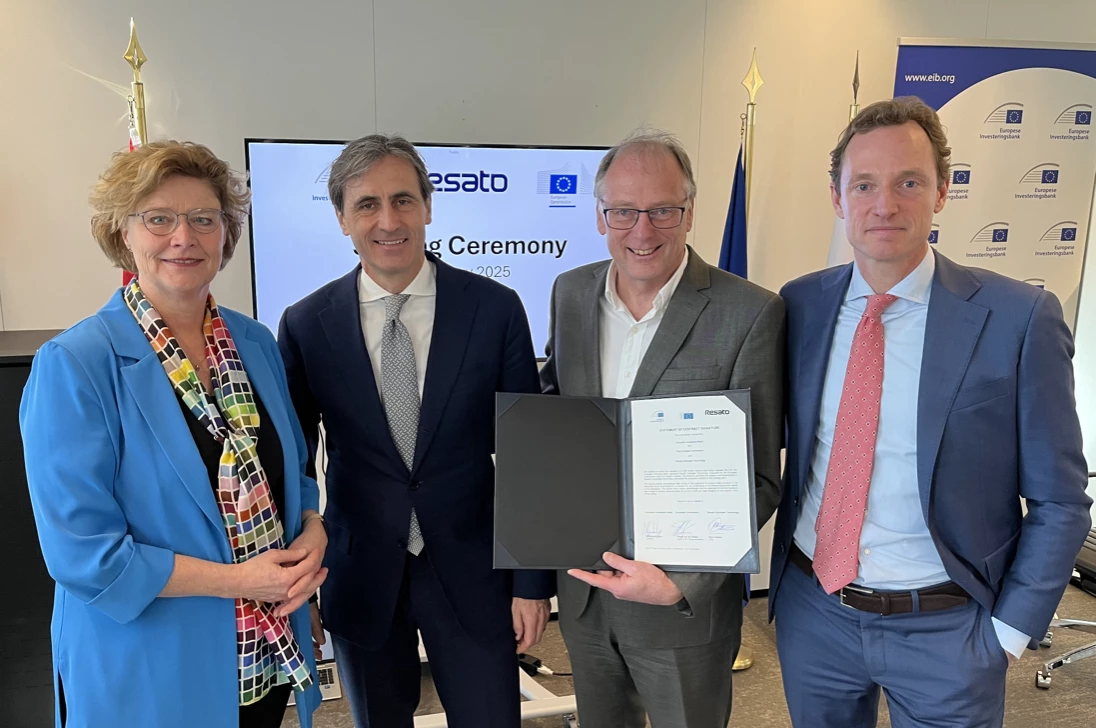
- Resato Hydrogen Technology signs €25 million facility with EIB to finance research and development, and to expand its production capacity for the period leading up to 2027.
- The venture debt financing supports the expansion of Resato’s production capacity in Assen, which is expected to create more jobs in the surrounding region.
- The EIB loan is supported by the European Commission under its InvestEU initiative.
The European Investment Bank (EIB) has signed a €25 million venture debt facility with hydrogen refuelling station developer Resato Hydrogen Technology.
Based in Assen, in the north of the Netherlands, the company will use the financing to boost the research and development of its proprietary technology and expand its production capacity in the coming years. Resato’s growth plans include deploying 1,000 hydrogen refuelling stations by 2030 and are aligned with the European Union’s Sustainable and Smart Mobility Strategy, for which expanding production capacity is crucial. This year, Resato plans to relocate to a newly optimized assembly facility, enabling further scaling of production.
“Going forward, hydrogen will definitely be part of the energy mix.” stated EIB vice president Robert de Groot. “The green and energy transitions also depend on making sure that the right kind of infrastructure is in place to support the adoption of alternative fuels. The Bank is happy to support yet another high-tech hydrogen project developed in the Netherlands, which shows how innovative Europe can be when it has the right resources.”
In light of limitations in terms of grid capacity and availability of electricity, hydrogen is expected to play a role in several sectors of the economy when it comes to replacing fossil fuels. Specifically, Resato’s technology can help to reduce emissions by supporting the hydrogen transportation sector. Especially for heavy-duty transport (buses and trucks) and/or long distances, hydrogen vehicles are particularly beneficial due to their great range. The advantages of H2 technology, and the availability of a reliable fuelling network can help to resolve the chicken-and-egg problem of not buying hydrogen-powered vehicles if there is no supporting infrastructure, and vice versa.
Rob Castien, CEO of Resato Hydrogen Technology added: “We are honored to receive this loan from the European Investment Bank, as it signifies their confidence in Resato’s strategy, vision, and commitment to innovation. For Resato it’s a validation of our mission to lead the way in developing advanced hydrogen refueling solutions. With this support, we are further empowered to accelerate the hydrogen refueling infrastructure. Hydrogen not only offers a clean energy solution but also reduces grid congestion, supporting Europe’s transition to a sustainable energy system.”
Resato’s growth is projected to positively impact job availability in the northern Netherlands. Currently employing 170 people, the workforce is expected to grow to between 500 and 1,000 by 2030. This expansion is also anticipated to create a comparable number of additional employment opportunities within the regional supply chain, contributing to the area's economic development. Scaling up production capacity comes with the challenge of finding technically skilled personnel. And to address this, Resato launched its own H2 Academy in November 2024, through which Resato collaborates with universities and local educational institutions to provide specialised training programs for careers in the hydrogen industry.
In 2019, Resato opened the Netherlands' first large hydrogen refuelling station (HRS) in The Hague. Since then, Resato has sold over 55 hydrogen refuelling stations across Europe, supplying hydrogen to trucks, buses, cars, and trains. Resato is leading technology owner in hydrogen refuelling solutions and is manufacturer of the biggest HRS in the market with a capacity of 2000 kg per day, operated by Hypion in Neumünster, Germany.
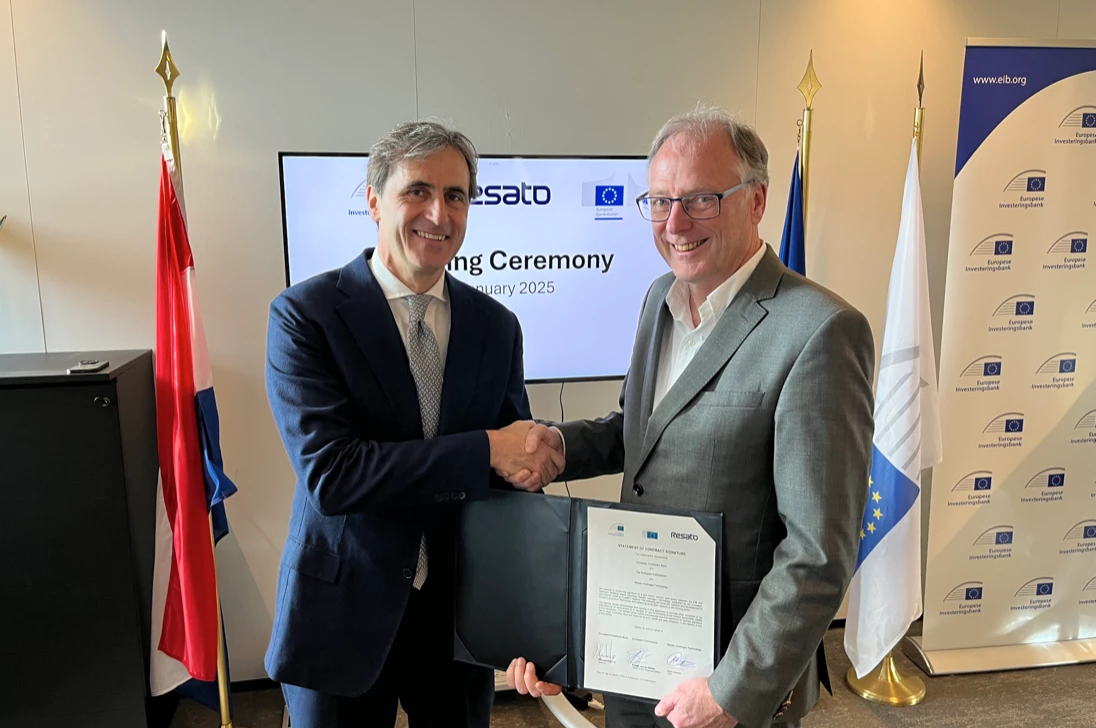
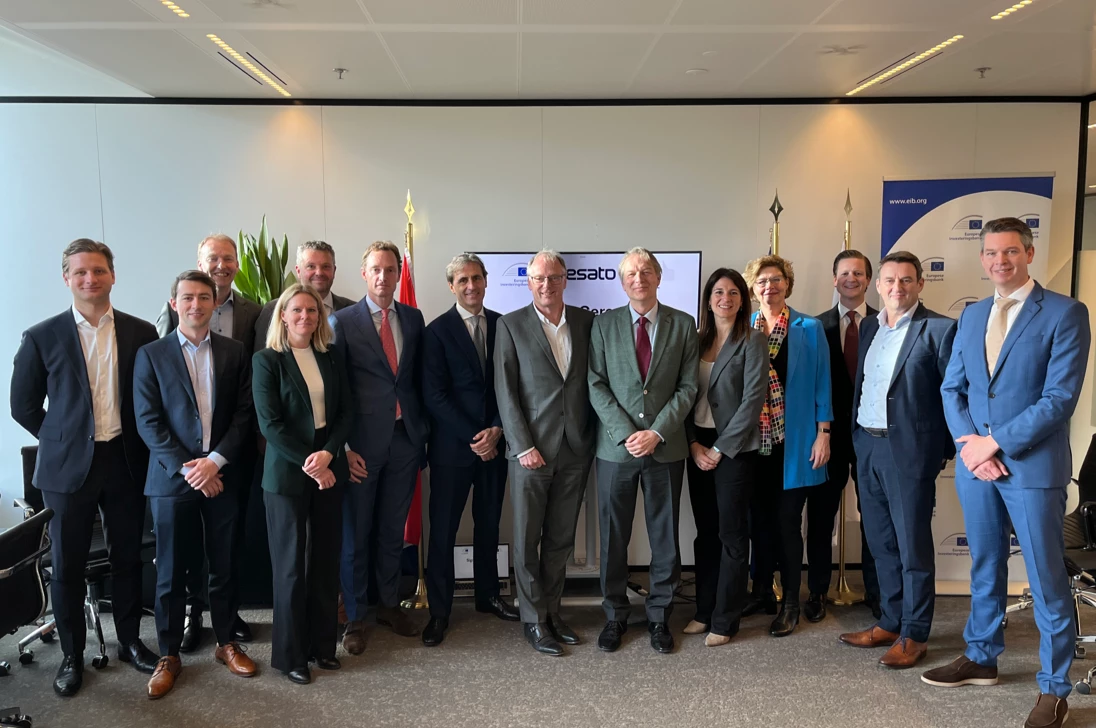
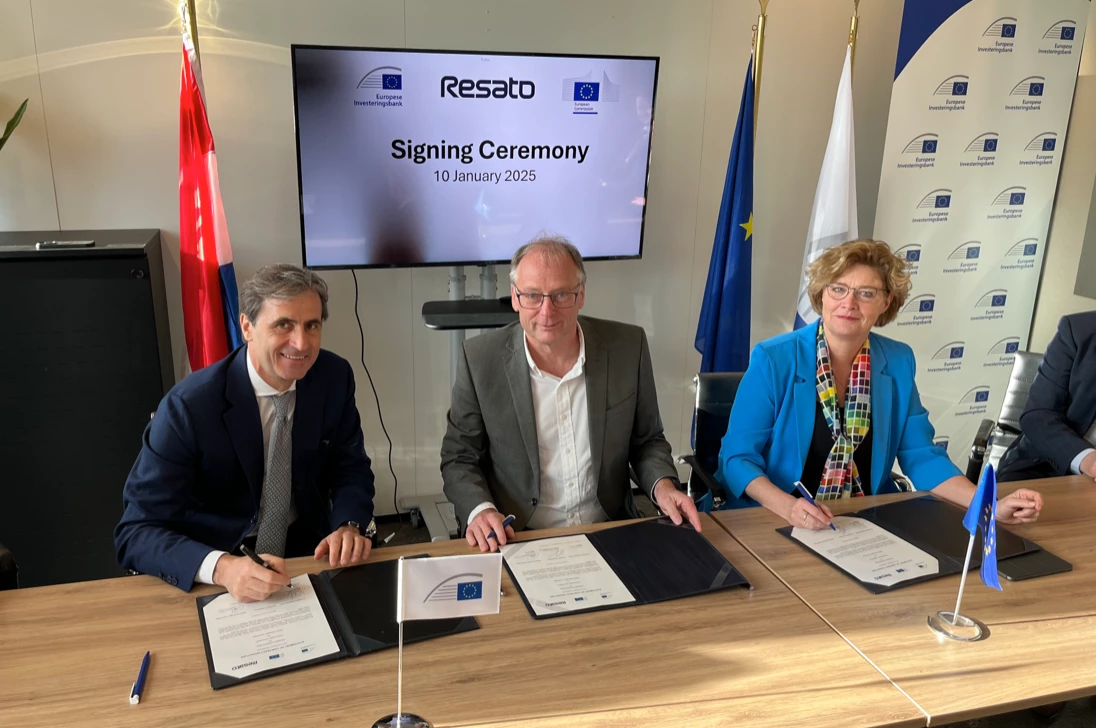
Background Information:
The European Investment Bank (EIB) is the long-term lending institution of the European Union, owned by its Member States. The Netherlands owns a 5,2% share of the EIB. It makes long-term finance available for sound investment in order to contribute towards EU policy goals and national priorities. More than 90% of its activity is in Europe. Over the last ten years, the EIB has made available more than €27 billion in financing for Dutch projects in various sectors, including research & development, sustainable mobility, drinking water, healthcare and SMEs.
The InvestEU programme provides the European Union with crucial long-term funding by leveraging substantial private and public funds in support of a sustainable recovery. It also helps mobilise private investment for EU policy priorities, such as the European Green Deal and the digital transition. InvestEU brings together under one roof the multitude of EU financial instruments previously available to support investment in the European Union, making funding for investment projects in Europe simpler, more efficient and more flexible. The programme consists of three components: the InvestEU Fund, the InvestEU Advisory Hub and the InvestEU Portal.
The InvestEU Fund is deployed through implementing partners who will invest in projects using the EU budget guarantee of €26.2 billion. The entire budget guarantee will back the investment projects of the implementing partners, increase their risk-bearing capacity and thus mobilise at least €372 billion in additional investment.
Resato Hydrogen Technology, owned by Pindustry and CEO Rob Castien is at the forefront of sustainable hydrogen infrastructure. With over 30 years of expertise in high-pressure technology, Resato provides hydrogen refueling solutions for trucks, buses and cars at 350 or 700 bar. With over 55 public and private hydrogen filling stations sold throughout Europe, Resato Hydrogen Technology is a trusted partner in delivering high-tech H2 solutions, dedicated to accelerating the energy transition by driving zero-emission mobility.
